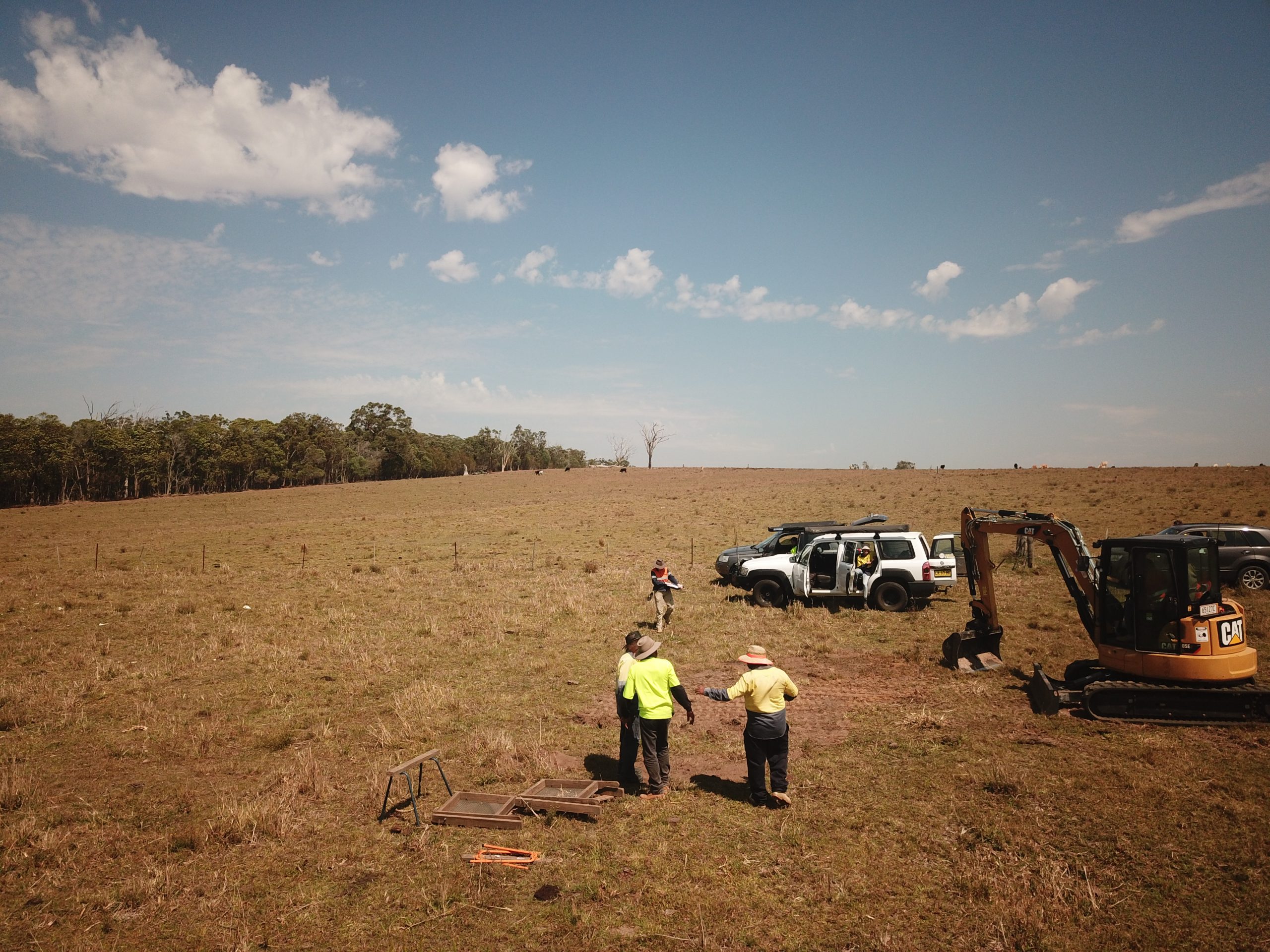Selecting the best archaeological consultant in Australia for your project is a vital step to ensure that your work complies with legal requirements and preserves the country’s rich cultural heritage. This guide will walk you through the process, providing insights and tips to help you make an informed decision.
Finding the right archaeological consultant is crucial for any project involving heritage sites in Australia. This article will provide you with a comprehensive guide to selecting a consultant who meets your needs, ensuring your project is both legally compliant and culturally sensitive.
visit our website: https://australarch.com.au/
Understanding the Role of an Archaeological Consultant
An archaeological consultant offers expert advice and services in identifying, assessing, and managing archaeological sites. Their work includes conducting surveys, excavations, and research to protect and preserve historical artifacts and structures.
The Importance of Hiring an Archaeological Consultant
Legal Compliance
In Australia, laws mandate archaeological assessments for projects that may impact heritage sites. A qualified consultant ensures your project adheres to these laws, helping you avoid fines and delays.
Preservation of Cultural Heritage
Beyond compliance, preserving Australia’s cultural heritage is essential. Consultants help safeguard significant sites for future generations.
Professional Expertise
Archaeological consultants bring specialized knowledge and skills, guiding your project to minimize damage to historical sites.
Essential Qualifications to Look For
When choosing an archaeological consultant, consider the following qualifications:
Academic Background
Ensure the consultant has relevant degrees in archaeology, anthropology, or similar fields. Advanced degrees often indicate a higher level of expertise.
Professional Accreditation
Membership in professional organizations, such as the Australian Archaeological Association (AAA), signifies a commitment to the field and adherence to ethical standards.
Experience and Expertise
Experience is a key factor. Look for consultants with a proven track record in projects similar to yours.
Project-Specific Experience
Consultants with experience in projects like yours (urban development, rural excavation, etc.) will understand the specific challenges involved.
Regional Expertise
Knowledge of the local archaeological landscape and regulations is invaluable. A consultant familiar with your region will be more effective.
Reviewing Past Projects and References
Evaluating a consultant’s past work and speaking with previous clients can offer valuable insights.
Client Feedback
Request references and talk to former clients. Were they satisfied with the consultant’s performance? Did the project run smoothly?
Project Portfolio
A robust portfolio showcasing successful projects can demonstrate the consultant’s capabilities and expertise.
Evaluating Communication Skills and Professionalism
Effective communication is crucial for project success. Assess how well the consultant communicates and collaborates.
Responsiveness
Is the consultant prompt in responding to inquiries? Timely communication is a sign of professionalism.
Clarity
The consultant should clearly explain complex archaeological concepts, ensuring all stakeholders are well-informed.
Assessing Technical Skills and Equipment
Modern archaeology involves advanced technology. Ensure your consultant is equipped with the necessary skills and tools.
Technical Proficiency
Does the consultant use up-to-date methods and technologies, such as GIS mapping, drone surveys, or advanced excavation techniques?
Resource Availability
Confirm that the consultant has access to a skilled team and proper equipment to handle your project effectively.
Legal and Ethical Responsibilities
An archaeological consultant must adhere to legal and ethical standards. Understanding their responsibilities ensures compliance and integrity.
Legal Knowledge
The consultant should be knowledgeable about relevant laws, such as the Aboriginal Heritage Act and the Environment Protection and Biodiversity Conservation Act.
Ethical Conduct
Ethical considerations include respectful treatment of Indigenous heritage and collaboration with local communities. Ensure the consultant is committed to these principles.
Cost and Budget Considerations
While cost is an important factor, it should not be the sole deciding factor. Compare quotes and understand what is included in the consultant’s fee.
Transparent Pricing
Choose consultants who provide clear and detailed pricing, avoiding those with hidden fees or vague estimates.
Value for Money
Consider the value provided. Sometimes paying more for an experienced consultant can save money in the long run by avoiding legal issues and project delays.
Making the Final Choice
After considering all factors, make your final decision based on a comprehensive evaluation of qualifications, experience, communication skills, technical proficiency, legal knowledge, and cost.
Comprehensive Evaluation
Evaluate all aspects thoroughly. Don’t rush the decision-making process.
Trust Your Instincts
Finally, trust your instincts. Choose a consultant who feels like the right fit for your project and goals.
Frequently Asked Questions (FAQs)
1. What qualifications should I look for in an archaeological consultant?
Seek consultants with relevant academic degrees, professional accreditation, and membership in organizations like the Australian Archaeological Association (AAA).
2. How much does it cost to hire an archaeological consultant?
Costs vary based on the project’s complexity and scope. Obtain detailed quotes and understand what is included in the fee.
3. Why is regional expertise important for an archaeological consultant?
Regional expertise ensures familiarity with local heritage sites, regulations, and specific challenges, benefiting your project significantly.
4. How do I verify the reputation of an archaeological consultant?
Check references, review their project portfolio, and ensure they have professional accreditation and a solid track record with past clients.
5. What role does an archaeological consultant play in preserving heritage sites?
They provide expert advice and services to identify, assess, and manage heritage sites, ensuring their preservation for future generations.
Conclusion
Choosing the best archaeological consultant in Australia for your project involves careful consideration of qualifications, experience, and professionalism. By following the guidelines in this article, you can ensure that your project complies with legal requirements and contributes to the preservation of Australia’s rich cultural heritage. Take your time, conduct thorough research, and select a consultant who aligns with your project’s needs and values.

